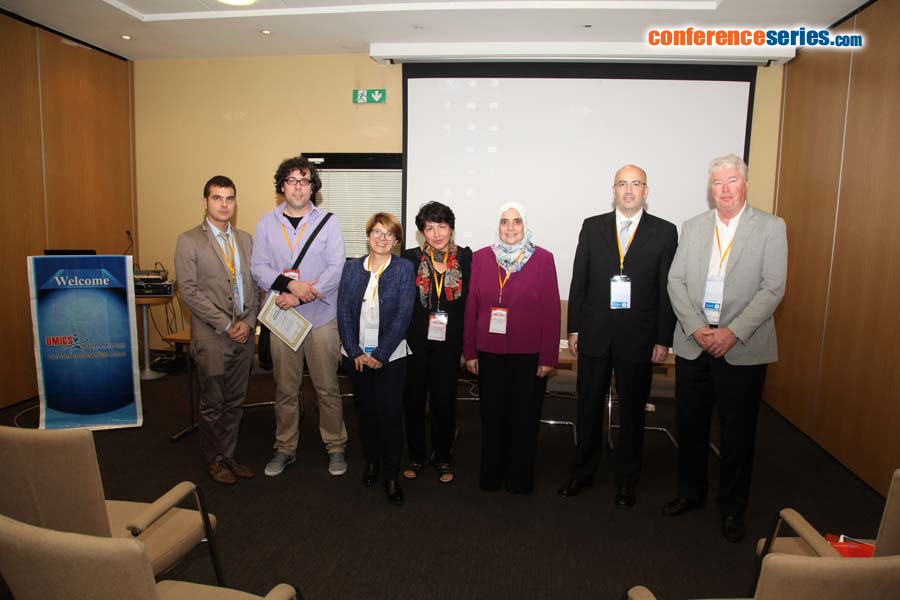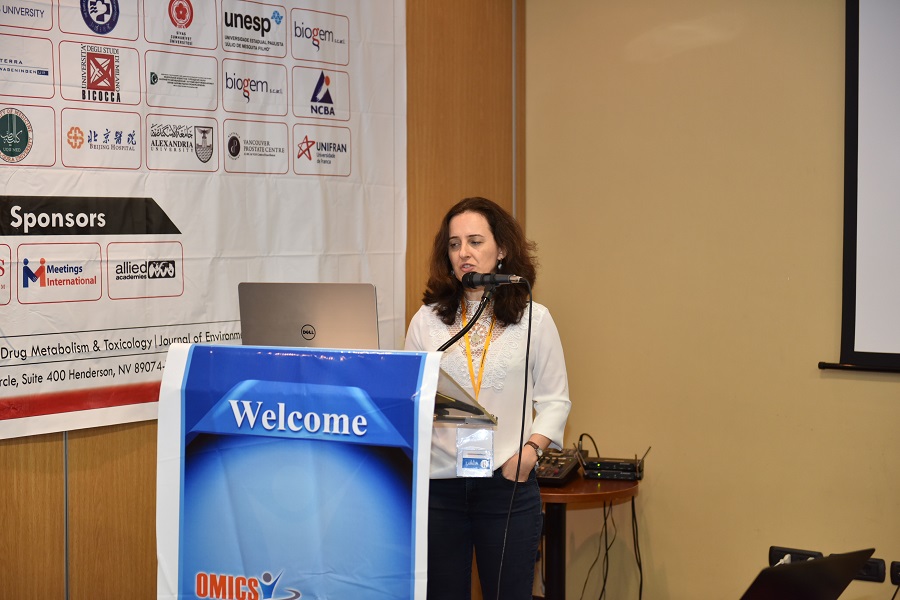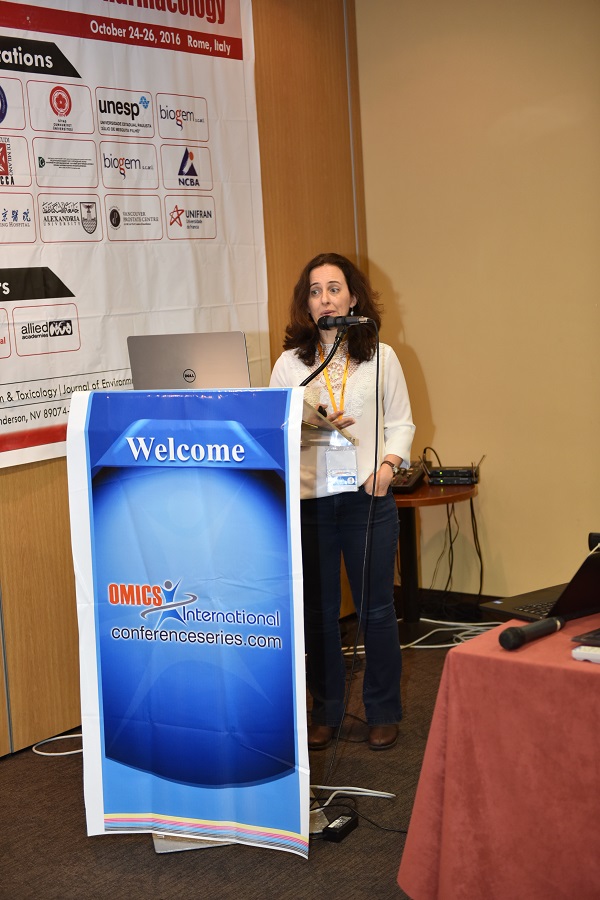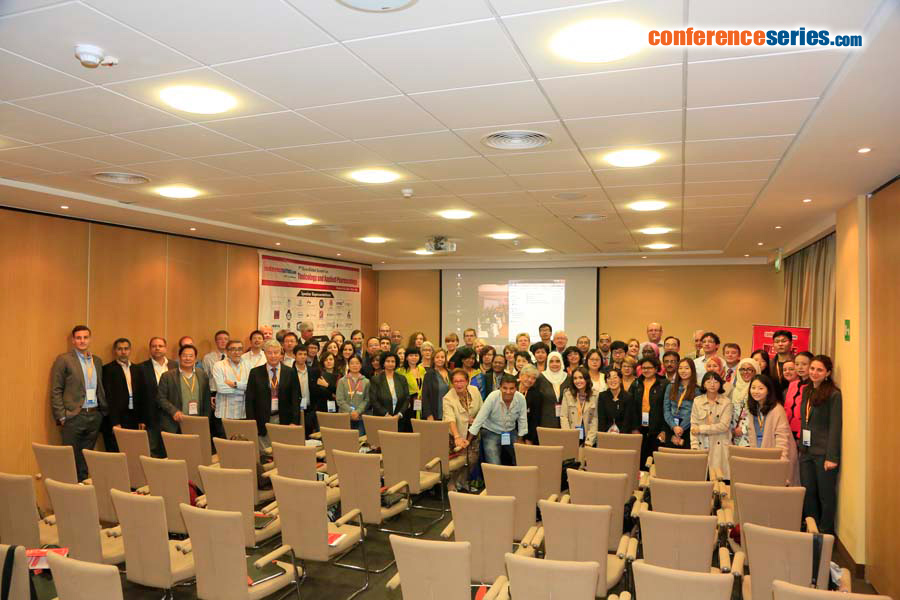Marina M de Jesus Romero-Prado
Centro Universitario de Ciencias de la Salud, Mexico
Title: Flavonoid effects on antihypertensive pharmacological therapy: Modulation on lipid profile, inflammation and association of ACE (I/D) polymorphism in treatment response
Biography
Biography: Marina M de Jesus Romero-Prado
Abstract
Introduction: In previous works, we demonstrated that dietary flavonoids have additional benefits on blood pressure, lipid profile, inflammation and electrocardiography parameters when they are added to antihypertensive pharmacological therapy.
Aim: Aim of this study is to analyze the possible role of Angiotensin Converting Enzyme (ACE) polymorphism (I/D) in response to the addition of dietary flavonoids (DF) to pharmacological antihypertensive therapy (AHT) in hypertensive young people.
Method: 37 male and 42 female patients with hypertension grade I (n=27) or II (n=52) received 425.8±13.9 mg gallic acid equivalents (GAE) from dietary flavonoids were added to AHT based on captopril (50 mg/day) or telmisartan (40 mg/day) during six months. Clinical registrations (SBP/DBP, BMI) were made during 15-days periods; lipid profile, hs-CRP and Leptin were measured in plasma at zero, one, three and six months; the ACE (I/D) polymorphism was determined by standard methods.
Results: Patients with AHT+DF compared to AHT showed differences in SBP (p<0.004), DBP (p<0.017), weight (p<0.022), BMI (p<0.028) and triglycerides (p<0.004); hs-PCR levels showed differences by ACE (I/D) polymorphism I/D vs. D/D (p<0.009). The genotypes D/D and I/I were associated to highest frequency of hypercholesterolemia and low HDL-C levels, respectively.
Conclusion: The response of FRD added to AHT has beneficial effects on BMI, BP, lipids and inflammation parameters and may be associated to ACE (I/D) polymorphisms.





